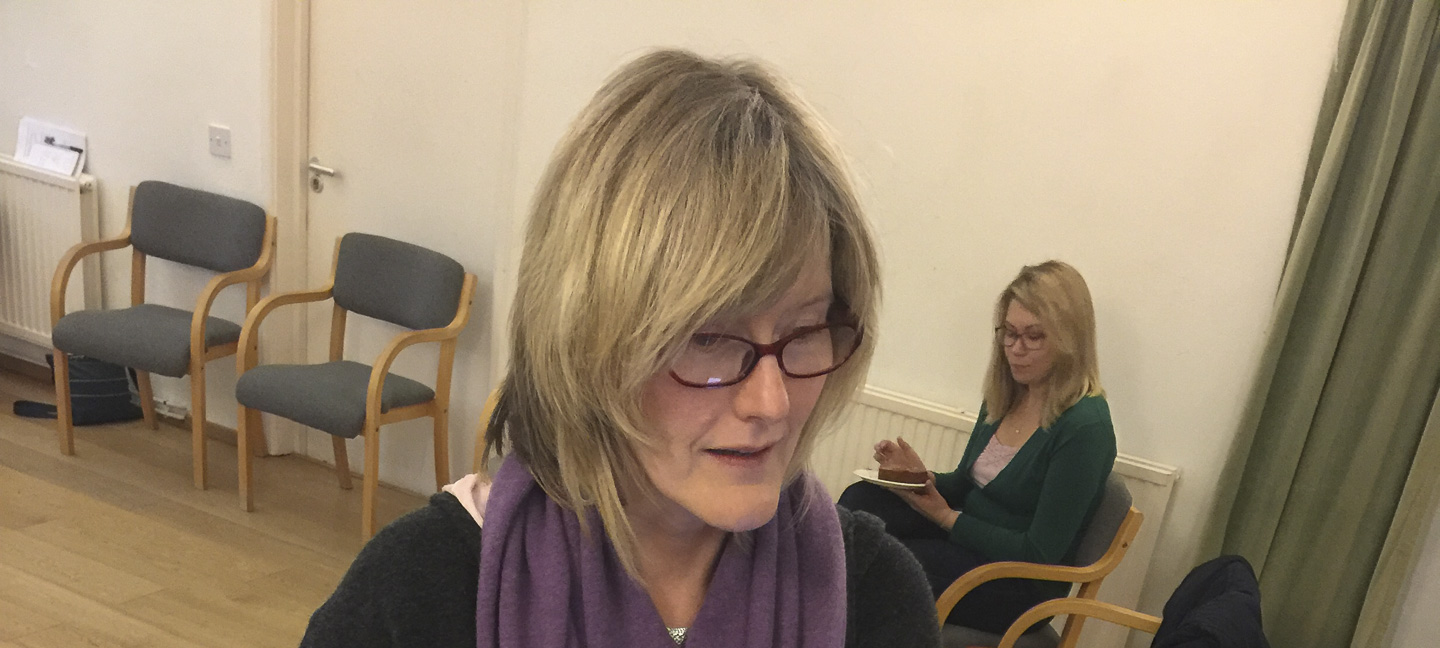
What happens when a fledgling, start-up foundation convenes learning leaders from all over the world to explore digital learning? Over 800 participants from 103 countries have joined the Geneva Learning Foundation’s #DigitalScholar course developed in conjunction with the University of Illinois College of Education and Learning Strategies International. The course officially launches on Monday.









